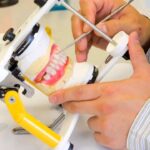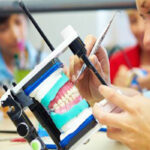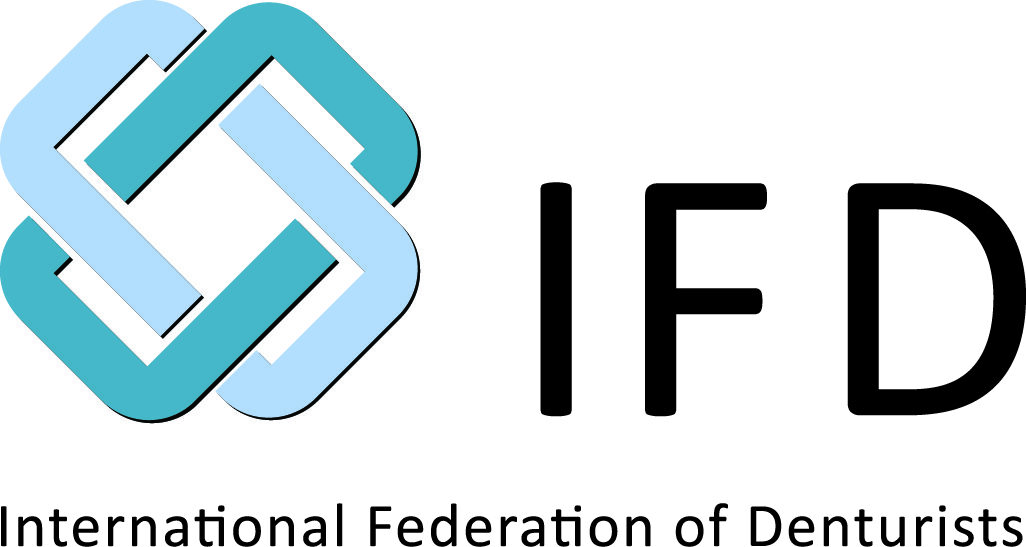Denturism
Denturism is a profession well established in many countries.
The scope of practice includes complete removable dentures, partial removable dentures, removable dentures over implants, mouth guards, anti-bruxism and sleep apnea appliances.
Countries can adopt different scopes of practice, ranging from complete removable dentures to providing all removable appliances with the exception of orthodontic appliances.
Countries like Australia, New Zealand, Canada, Holland, Denmark, Ireland and some states in United States of America, already have a full scope of practice.
The collaboration between Dentists and Denturists in these countries results in a better service to the patient and increases citizen access to dental care. Many Dentists and Denturist share the same office.
Denturists have the training to do the clinical aspect of the fabrication of dental prosthetics. This includes an oral exam, taking preliminary impressions, final impressions, occlusal registration, aesthetic try-in and the insertion of the partial denture. Aftercare of the appliances would also be the responsibility of the Denturist.
Denturists also provide the laboratory fabrication of the prosthetics along with the individual custom made tools to perform the clinical aspects of the service. This includes a custom tray for the final impression, creation of the bite registration block, setting the prosthetic teeth for the aesthetic try-in and finally the polymerization and finish of the denture.
Dental technicians can perform the laboratory steps but do not have contact with the patient.
Where Denturists are regulated and allowed to practice to the extent of their non-invasive qualifications, the results are very positive and the access to care is improved.


